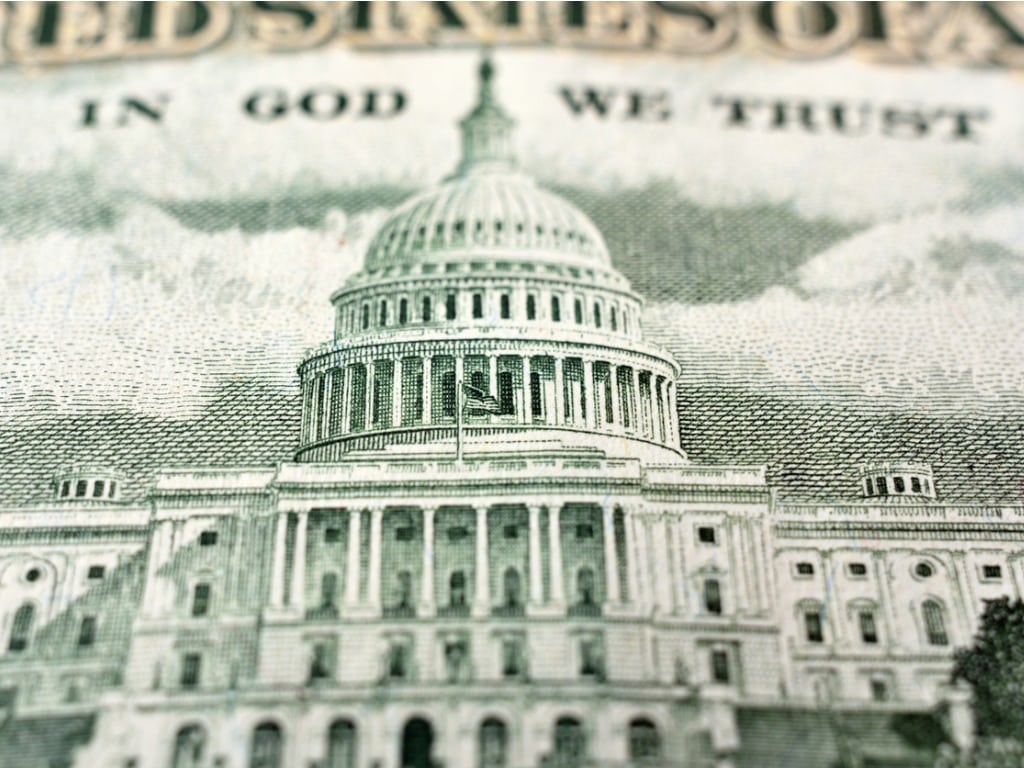A Freedom of Information Act (FOIA) inquiry made on behalf of Whistleblower Network News (WNN) has revealed the shortcomings of the whistleblower protections in the Financial Institutions Reform, Recovery, and Enforcement Act (FIRREA). Documents released by the U.S. Department of Justice (DOJ) list every FIRREA settlement involving a whistleblower since 1989, when the law was first passed. The list comes to a total of six settlements. Those six settlements have returned an incredible $19.9 billion in fines from banking fraud, with $9.3 million (0.05%) of the money recovered going back to the whistleblowers. While FIRREA’s whistleblower successes show the degree to which the Act can be a potent law enforcement tool, the fact that there are only six whistleblower cases speaks to the weakness of its incentive structure that discourages people within the financial industry from coming forward with evidence of fraud and corruption. If FIERRA’s incentives for whistleblowers would change, it could follow the highly successful False Claims Act (FCA) and Securities and Exchange Commission (SEC) Whistleblower Programs‘ lead.
FIRREA’s whistleblower reward program has come under fire from high levels of government in the past, with calls from former Attorney General Eric Holder to expand the program as a means to better investigate financial crimes. Holder uses “the strong whistleblower amendment” in the FCA as a model for how FIRREA can be amended. The key difference in the laws’ whistleblower provisions are their incentive structures. Both the FCA and the SEC Whistleblower Program set ret rewards at a minimum of 10% of the recovered fraud; FIRREA caps rewards at $1.6 million regardless of the scale of the case. The data shows unambiguously that caps on reward programs weaken incentives for potential whistleblowers, thus crippling the government’s ability to root out corruption.
FIRREA’s reward cap does not defy the research. In 31 years, whistleblowers who filed complaints under FIRREA have been awarded a declarant share in just six cases. In those six cases they made a sum total of $9.3 million out of the $19.9 billion in fines recovered by the government. As WNN has covered, FIRREA’s reward program pales in comparison to more successful regulatory tools like the FCA and the SEC. The SEC’s program “has awarded more than $738 million to 134 whistleblowers” in the eight years that it has been in use. The DOJ has reported that there are hundreds of FCA cases involving whistleblowers every year that recover taxpayer dollars and serve as a significant deterrent to crime on Wall Street.
In the past ten years the DOJ has used FIRREA as an important enforcement tool against some of the most damaging recent crimes in the United States. Among those, “the largest settlement with a single entity in American history,” worth $16.6 billion, found Bank of America accountable for fraudulent involvement in the 2008 financial crisis. That case was aided by whistleblower information where the whistleblower saw $1.6 million, or one-one hundredth of a percentage of the overall fine. The settlement returned billions to Americans who were directly affected by the crisis and helped restore faith that financial institutions are liable for their crimes. $1.6 million is a significant sum, but Holder explains that “what would – by any normal standard – be considered a windfall of $1.6 million is unlikely to induce an employee to risk his or her lucrative career in the financial sector.” Executives with the most access to inside knowledge of potentially massive fraud in the financial industry risk losing multi-million dollar careers. Law enforcement is more effective when those executives have a financial incentive to blow the whistle.
When compared to the successful whistleblower rewards programs of the SEC and the FCA, FIRREA’s six whistleblower cases in 31 years is nothing short of a disaster. The SEC does not oversee more financial corruption than exists under the purview of FIRREA; rather, it simply utilizes a more effective regulation to fight corruption. FIRREA can be amended to do the same and become another tool for the government to hold financial institutions accountable and ultimately deter crimes and crises that affect all Americans.
